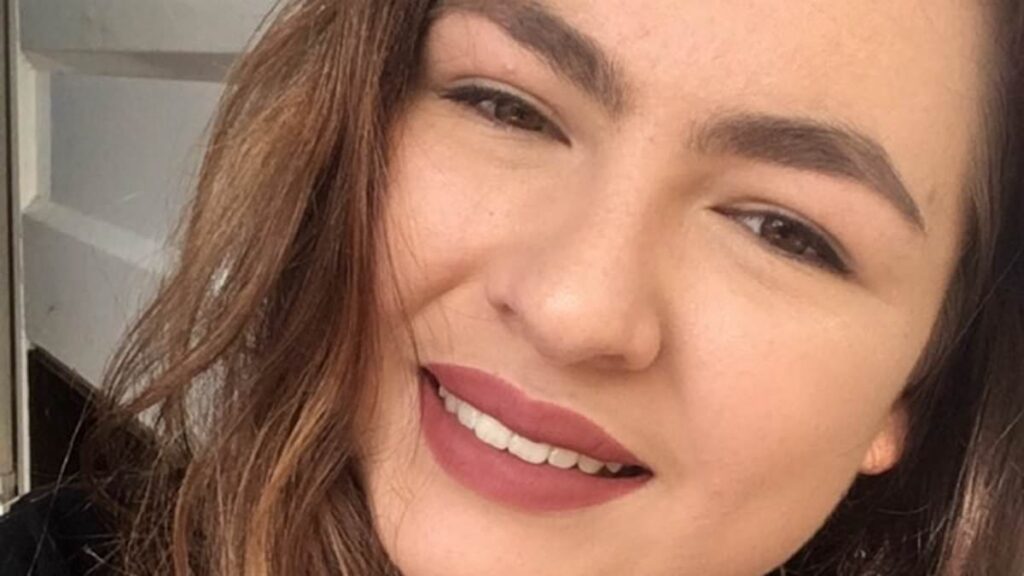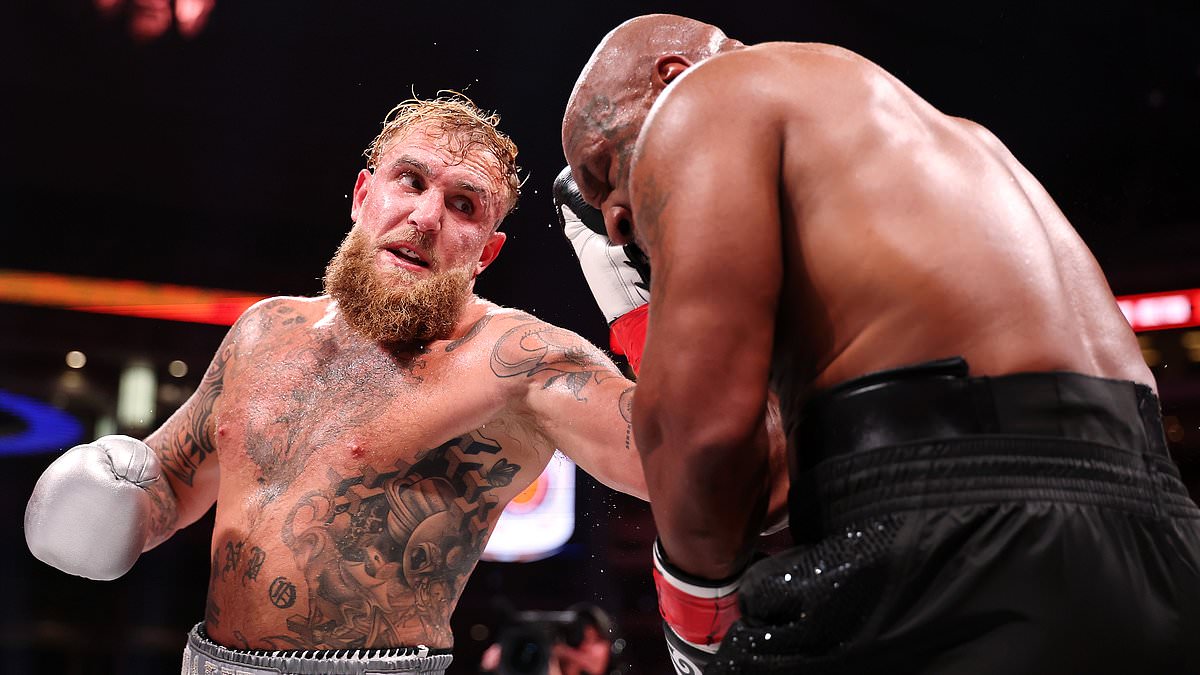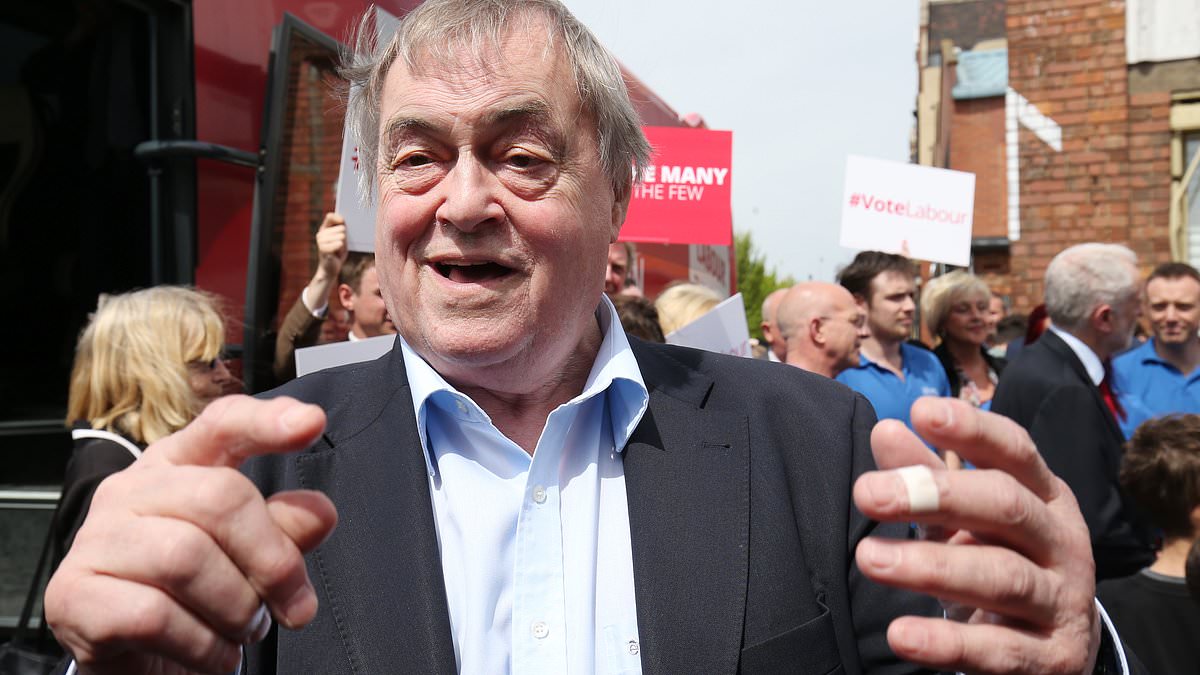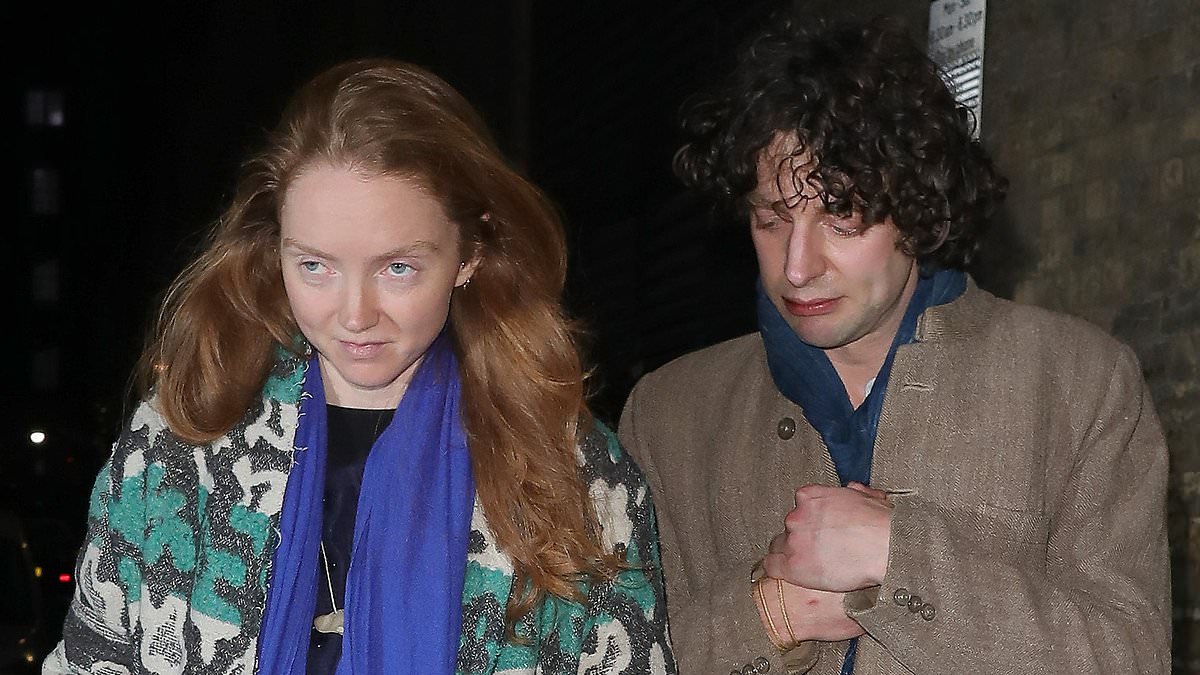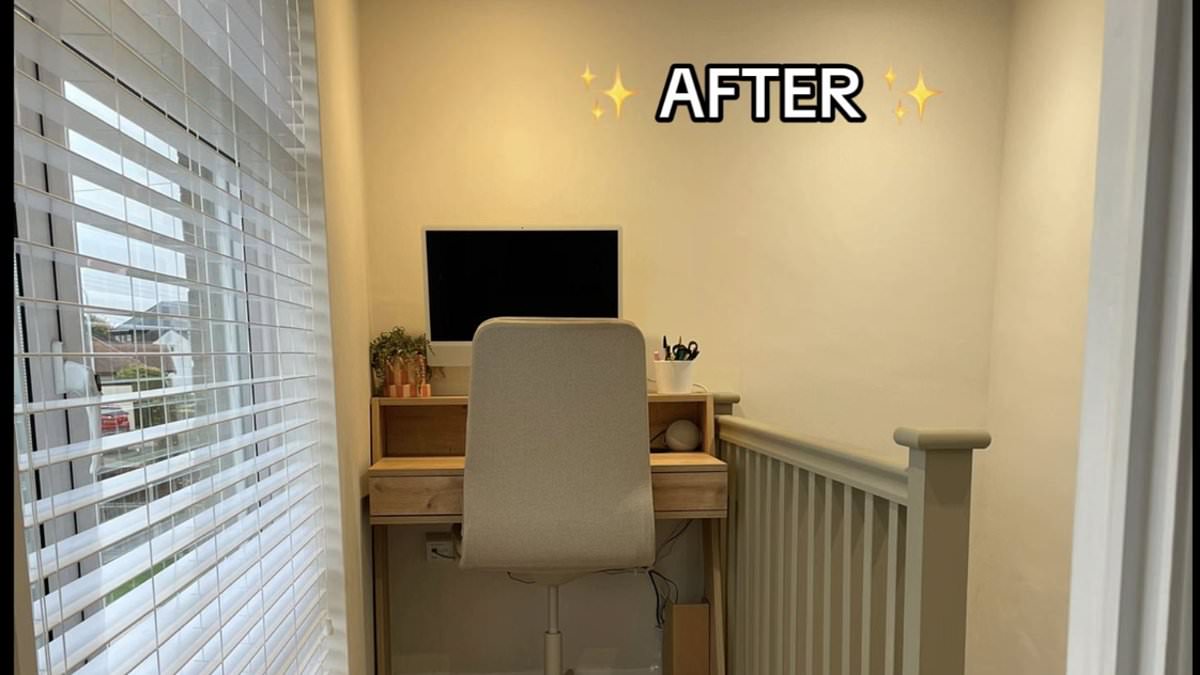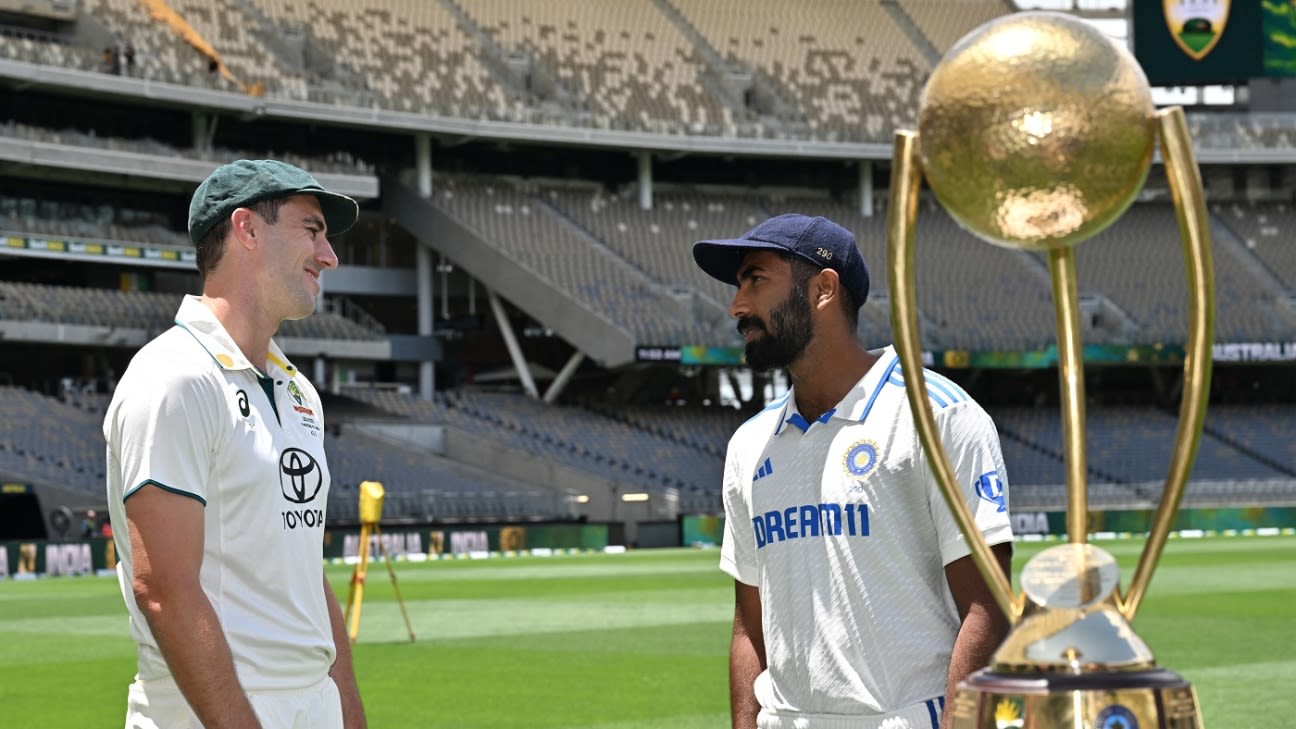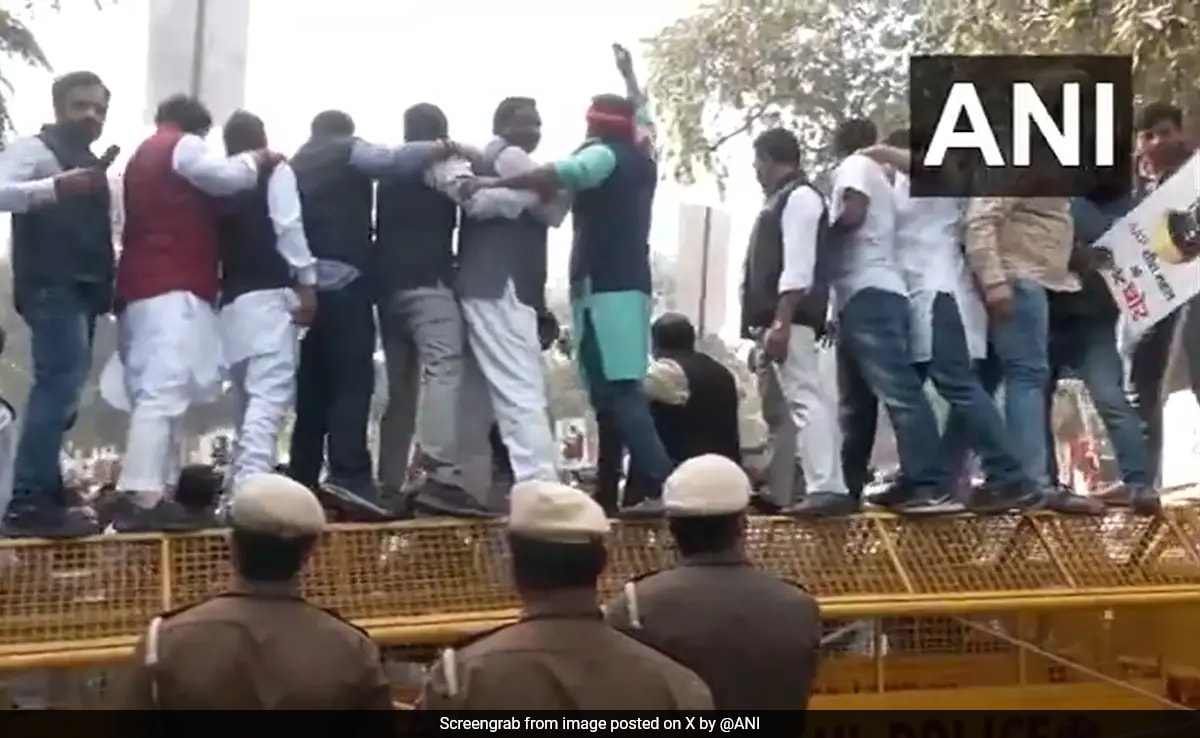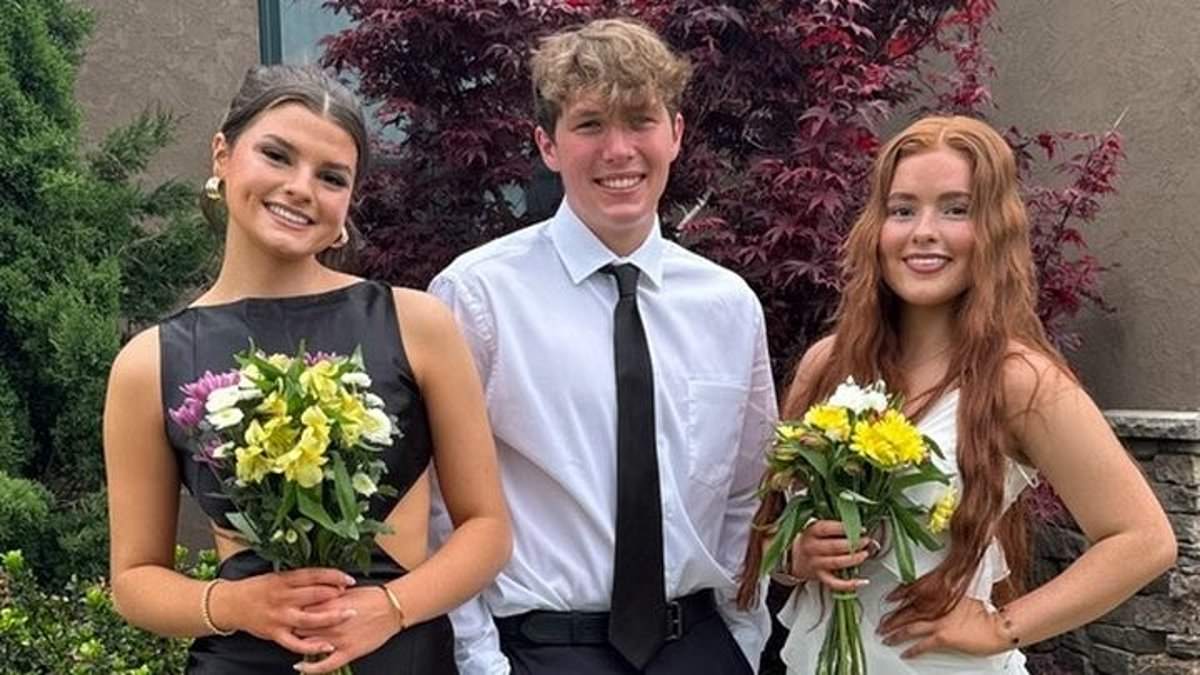Raelene Kennedy’s world ended on November 17, 2021: it was the day she sat on a footpath cradling the cold, lifeless body of her 23-year-old daughter Caitlin Gotze.
It was also the day Raelene began her tireless fight to prove Caitlin was killed by her second Pfizer Covid vaccine which she had 49 days before.
These days, no one seems give the vaccine-injured a second thought. Britain may have had its coronial inquests into the AstraZeneca deaths – which helped to shed the unfair image of grieving families being ‘anti-vaxxers’ and ‘conspiracy theorists’ – but in Australia there has been no accountability, no discussion. Nothing.
The indifference faced by Aussie families who have lost – or believe they have lost – a son, daughter, husband or wife to the Covid vaccines is sometimes too much to bear. To this day, experts say vaccine deaths are ‘vanishingly rare’ – an assessment many survivors say cannot be true.
The anger is palpable in Raelene’s voice as she speaks to me.
‘Who is responsible for Caitlin’s death? No one seems to be the answer… “just forget about it and move on”,’ Raelene tells me from her farm an hour’s west of the Queensland town of Toowoomba.
‘Seeing her lifeless body on the footpath and then seeing her frozen, autopsied body in her casket, knowing she suffered – and it was all preventable.
‘I will keep fighting for justice, for my girl, until I succeed or until I see her again.’

Caitlin Gotze, from Queensland, Australia, died suddenly at the age of 23, just 49 days after receiving her second dose of the Pfizer Covid vaccine
For three years, Raelene has gritted her teeth as well-meaning individuals – including an ex-partner – told her that her daughter was an ‘unfortunate casualty’ of a successful and necessary vaccination campaign to keep the population safe. In other words, she had to die – it was for the greater good.
Raelene knows that’s rubbish. Caitlin was healthy and didn’t need to be vaccinated against a virus that, for most in her age group, was rarely any worse than the common cold.
‘People say, “Forgive and forget and move on with your life.” Caitlin was my life,’ she tells me.
‘Caitlin did not die for the greater good; Caitlin should be here.
‘She wasn’t sick, she wasn’t unhealthy, she wasn’t a risk-taker. She was educated, paid taxes and obeyed the law. Caitlin was not someone who should be dead at 23.’
On the day Caitlin died, Raelene received a call from her daughter’s boss at the stables where she worked shortly after 4pm.
The boss said ‘it wasn’t looking good’ for Caitlin. An ambulance had been called but she needed to get to the stables as fast as she could.
Raelene rang her sons, Harry and Jonny, who then were 18 and 15 respectively, and told them to meet her there.
‘They got there and saw Caitlin lying on the footpath probably 20 minutes before I did. It is still with them,’ Raelene recalls.
‘She was probably on the footpath two or three hours. They never closed the street. Cars went past and people were walking past.
‘My 18-year old was running around screaming.’
When Raelene arrived, Caitlin was covered by a white sheet.

Caitlin worked as a stable foreman in the Queensland city of Toowoomba, looking after race horses. She died at work, after dashing out of the stables to get an inhaler from her car; she had not experienced asthma or shortness of breath before her Covid vaccines

‘Caitlin didn’t get vaccinated to save herself from dying; she got vaccinated because I recommended that she should,’ her mum Raelene Kennedy says. ‘I failed as a mother. She just wanted to live her life’
‘The police officer said, “Do you really want to see her?” I said I did,’ Raelene says.
‘He pulled the sheet back. She looked perfect, although she was on the footpath, and her head was in the gutter.
‘There was a needle in her chest above her heart and a tube down her throat. I sat on the footpath and held her.
‘It was dark by the time I left. The ambulance took her. It was all very quiet.’
Caitlin was last seen alive at 3.30pm that afternoon as she went to her car, which was parked about 10 metres from the stables.
She sat in the passenger seat and grabbed a preventer – a type of asthma inhaler – which she had been using for the severe shortness of breath she had suffered ever since getting her second Covid vaccine.
A stablehand went to find Caitlin at 4pm. She was meant to be feeding the horses but hadn’t showed.
She found Caitlin sitting in the driver’s seat but her body was slumped and vomit was everywhere. There was ‘no warmth’ in her body, the stablehand later told Raelene.

For three years, Raelene Kennedy (pictured) has gritted her teeth as well-meaning individuals – including an ex-partner – told her that her daughter was an ‘unfortunate casualty’ of a successful and necessary vaccination campaign to keep the population safe
More employees of the stables were called over. They pulled Caitlin out of the car and attempted CPR, but it was too late.
Because the preventer was still in her hand, police decided she died from asthma – an early conclusion Raelene believes coloured all subsequent official investigation.
Although Caitlin’s youngest brother suffers from severe asthma, Raelene says Caitlin did not – or at least she had never had problems breathing until her Covid vaccines.
‘We know what asthma is; Caitlin never had that,’ Raelene explains. ‘Caitlin had what I have – hay fever, allergies to dogs and cats.’
Raelene says Caitlin did not want to get the Covid jabs. She had heard reports of AstraZeneca causing blood clots and how that vaccine was not recommended for young people. The Pfizer vaccine, on the other hand, was being touted in Australia at the time as a more appropriate product for under-35s.
‘She never had anything wrong with her. She was fit and healthy and walked about 20km every day leading racehorses,’ her mother tells me.
‘She wasn’t concerned about coronavirus. We had none in Toowoomba and there was hardly any in Queensland. It was a non-event for us.
‘I had to have [the vaccine] for my work as a disability support worker. I would say to the kids, “Have you had your vaccine yet?”‘
Caitlin only decided to get vaccinated because life started to seem impossible without it. She wanted to work, and also wanted to attend classes at Charles Sturt University, where she was studying to be a vet.

Caitlin (second from right) was out with friends when she first experienced breathing problems. Before her death, she was convinced she was suffering from vaccine side effects
Within hours of getting her second Pfizer jab on September 28, 2021, administered at a Queensland Health pop-up clinic, Caitlin had a severe reaction.
Caitlin sent her mother, and also others, a text saying ‘she felt like she was dying’.
‘She couldn’t move for four days,’ Raelene says.
‘She experienced a lot of shortness of breath and exhaustion. She never at any time regained the full health and vitality after the second shot.’
On Saturday, November 13, Caitlin was out with friends when she experienced severe trouble breathing and drove herself to the Toowoomba Base Hospital.
Caitlin was tested for Covid but not heart-related problems or asthma, despite having been diagnosed with a severe asthma attack.
She sent her mother a selfie from the hospital and tweeted the image out – it’s the last photo Raelene has of her daughter alive. They had made her wear a mask even though she could barely breathe.
‘She told the ER doctor she was sick because of the vaccine. The ER doctor never noted it and said she had a virus,’ Raelene says.
Caitlin was prescribed Ventolin and oral steroids and discharged with preventer and reliever inhalers.
Two days later, on the Monday, Caitlin went to see the family GP. She was not getting any better, but the doctor would later tell Raelene after Caitlin’s death that she had seemed fine and there were ‘no signs of asthma or illness’.
Just like she had with the ER doctor, Caitlin told her GP it was the second Pfizer vaccine that had made her sick.
She was too unwell to work on Monday and stayed in bed. On Tuesday – the day before she died – she had to go work ‘because she was in charge’.
Raelene said a jockey from the stables spoke to Caitlin that Tuesday afternoon and told her, ‘You know this is because of the vaccine.’ She replied, ‘I know, I know.’
Raelene believes her daughter suffered myocarditis, a known side-effect of the Pfizer vaccines, and after a cardiac arrest ‘drowned in her own fluid’.
On November 24 – a week after Caitlin died – Raelene said she was called by a staff member at the mortuary where the autopsy was performed and was told they had found no asthma in her lungs and ‘the left side of her heart was extremely enlarged – double the size of the right side’.
‘He said there was evidence of vaccine-induced myocarditis, inflammation of the heart muscle,’ Raelene adds.
‘This means the oral steroids and high doses of inhaled steroids were more than enough to trigger cardiac arrest.’
However, this same staff member also told Raelene that a coronial investigation was going to take months and warned the cause of death might never be determined.
‘He repeated himself several times when he told me, “the Coroner wants you to know the cause of death will be undetermined”,’ Raelene tells me.

Caitlin tweeted this photo from hospital as she was being treated for shortness of breath. It is the last photo Raelene has of her daughter alive. They had made her wear a mask even though she could barely breathe
However, a forensic pathologist would later state in Caitlin’s autopsy that, ‘in his opinion’, the cause of death was asthma and there was no evidence of myocarditis or pericarditis.
‘Everyone said a gust of wind blew up causing her chronic asthma to flare up,’ Raelene says.
‘She was inside! The feed room is in an alcove – it was not open to the air. The weather on the day was calm and still. There was no wind, she didn’t have asthma.
‘A mother shouldn’t have to read her child’s autopsy to find lies.’
At huge personal expense, Raelene engaged an independent expert, who cannot be named for legal reasons but has ‘a list of qualifications is as long as my arm’.
Unlike the autopsy report, which stated the cause of death as asthma and ruled out anything vaccine-related over lack of evidence, the independent expert said they could not rule out that vaccines played a role in Caitlin’s decline.
Their report stated: ‘I am unable to exclude the reasonable possibility of the deceased’s deterioration in her asthma and the cardiac pathology identified being a consequence of the mRNA vaccine administered.’
The Covid vaccines were approved by Australia’s medical watchdog, the Therapeutic Goods Administration (TGA), which is also tasked with monitoring any adverse effects.

A screenshot of a text conversation between Raelene and Caitlin in the days following her second Covid vaccine
Raelene formally reported Caitlin’s death as an adverse reaction on December 21, 2021. She says she has heard nothing from the TGA except for an email acknowledgment the next day.
She grows frustrated when speaking about politicians and media outlets that repeat the mantra that ‘the TGA investigates thoroughly every report that is made’.
This has not been her experience. She believes the TGA does not thoroughly investigate adverse events, noting that she was not followed up for an interview.
‘All they do is ask, “Can this be blamed on some other medication?”‘ she says.
‘They get the date of death, medicine, other medications, name and sex and nothing else – no batch numbers, no specifics.
‘The information is not enough to do any proper investigation. They don’t follow up, they don’t contact the next of kin.’

Raelene has been told by friends – and even an ex-partner – that her daughter ‘died for the greater good’ of vaccinating the Australian population against Covid
Raelene claims that after she made the adverse reaction report, Caitlin’s immunisation history ‘mysteriously’ disappeared from the Australian Immunisation Register.
Two Freedom of Information (FoI) requests Raelene has made to retrieve this information were met with responses that they were ‘not in the public interest’.
Queensland’s office of Workplace Health and Safety initially concluded the place of employment was not the cause of Caitlin’s death, but this was subject to a review by the state’s Medical Assessment Tribunal which found Caitlin’s death was work-related, leading to the family receiving $70,000 in compensation.
‘No amount of compensation would ever compensate for Caitlin,’ Raelene says.
‘Caitlin was worth more than the world. She was vibrant, smart, funny, strong, fierce and independent. Caitlin was compassionate, caring, protective and beautiful.
‘How do you come to terms with losing your child this way?’
Sometimes Raelene feels overwhelmed with guilt.
‘Caitlin didn’t get vaccinated to save herself from dying; she got vaccinated because I recommended that she should,’ she says.
‘I failed as a mother. She just wanted to live her life.’
Sharing Caitlin’s story at community meetings and online has given Raelene a sense of purpose and she hopes her message may save lives.
‘I have been desperately trying to make sense of her loss,’ she says.
‘If I can save other people by providing them with the information that the government was withholding then I could live with that.
‘Caitlin’s death could have been prevented if she had been informed, if she had been allowed informed consent and allowed to choose without coercion and negative consequences.’
It was not just her daughter’s life that Raelene lost; she also lost her trust in the government she always believed would look out for her.
‘You realise that everything you ever knew was wrong and the government isn’t there to help us and look after us and they don’t make decisions in our best interest,’ she says.
‘That’s a whole other grief again.
‘Caitlin’s ashes sit in my living room. I talk to her and I tell her that I am so, so sorry.
‘This is what the government has done to us. This is what they have done to Caitlin and they don’t care.’
The TGA told Daily Mail Australia it did not comment on individual cases for privacy reasons.
‘Every death following a COVID-19 vaccination reported to the TGA undergoes a review by TGA staff, and if further information is required to complete the assessment it is requested from the reporter and/or the relevant state or territory health authority and/or coroner,’ the agency said.
‘The TGA review considers the evidence for a causal link between the vaccine and the diagnosis made by the relevant health professional who examined the patient.
‘The TGA does not undertake autopsies, request coronial investigations or make formal determinations of the cause of death.’

